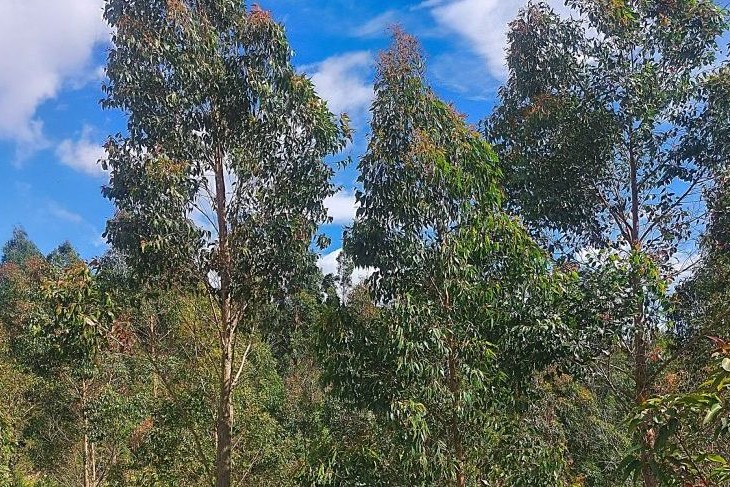BY: ANNA CAMPBELL
Restaurants and fine dining all over the world are being hammered by the Covid-19 pandemic. This is not great for five-star quality venison sales. Consumers are going back to basics, they are also buying health-foods – kiwifruit and Manuka honey are selling well, and deer velvet is weathering the storm.
The Covid-19 pandemic will force us to have a hard look at how we prepare, position and market our food products – but how do we cut through some of the seemingly illogical thought out there?
Some years ago, New Zealand products were under fire in the United Kingdom because of the food miles it took to get those products from NZ farms to their supermarket shelves. At an intuitive level, it made sense – why should a consumer buy food that had travelled half-way around the world, when they could buy locally sourced food?
Human intuition however, didn’t take into account that many NZ food products, such as lamb, which is grown on grass rather than housed, is produced, processed and shipped in such an efficient manner that it has a lower carbon footprint than locally grown product. In fact, the carbon footprint of NZ lamb is more than four times lower than the United Kingdom equivalent (https://researcharchive.lincoln.ac.nz/bitstream/handle/10182/4317/food_miles.pdf).
Measuring sustainability is complex, so too is measuring the nutritional value of food, yet we are bombarded regularly with new products that make claims around both sustainability and nutritional value which are plausible but are not necessarily evidence-based.
I am a big fan of trying new products, a marketer’s dream my husband tells me. I have several types of “milk” on the go and I am not alone.
According to the New Zealand Consumer organisation “last year, we spent more than $52 million on almond, coconut, oat, rice and soy milk in supermarkets alone, an increase of $12m in two years…almond and coconut milk sales have been the biggest movers, with sales increasing nearly 60%.”
Most of us understand that cows’ milk is a good source of liquid nutrition containing protein, vitamin B12, vitamin D and calcium. The Ministry of Health’s healthy eating guidelines recommend we consume two servings of milk or milk products every day. What do we know about plant-based milks compared with cows’ milk? According to a recent study published in the Journal of Food Science and Technology (Vanga and Raghavan, 2018), none of the plant milk products stack-up nutritionally compared with cow’s milk. Soy milk comes the closest, but almond, rice and coconut milks all lack protein and the essential nutrients important for overall health. Companies can add essential nutrients but are they in a bioavailable form that your body can absorb?
What about sustainability? It’s hard to imagine cows’ milk coming out on top on this one – water or carbon footprint wise, but as I said earlier, intuition doesn’t always prove right. I didn’t find a direct scientific comparison, but plant-based milks have their environmental challenges too. The almond-milk industry in California, where more than 80% of the world’s almond crop is grown, has come under considerable attack for its extensive use of water, especially during times of high drought in the region https://www.theguardian.com/lifeandstyle/shortcuts/2015/oct/21/almond-milk-quite-good-for-you-very-bad-for-the-planet. Apparently, it takes five litres of water to grow one almond, and in California, much of that water has been pumped from deep aquifers causing concern around subsidence of land.
Fundamentally and no matter how we measure it, there is a world-wide movement towards more sustainably (or regeneratively) produced, nutritional food. There are some great NZ think-tanks coming up with strategies around our sustainability positioning, but I hear very little about nutrition. Given venison is probably the most nutritious (iron, protein, vitamin B, low saturated fats) animal protein in the world – in a world that wants health – this feels like a big miss.
What about a world leading food index which incorporates our sustainability and nutritional metrics – an “earth and health index” with a NZ flavour – I would love to hear your suggested names for that! And why do we focus so hard on our individual industries when we should be combining products, kiwifruit and venison, kanuka oil and velvet.
Why not also build a NZ e-commerce platform for going direct to consumers which small and large companies can have access to – supermarkets are yesterday’s business model.
NZ agriculture – when the going gets tough, the tough get innovating…
• Anna Campbell is managing director of AbacusBio a Dunedin based agri-technology company.




